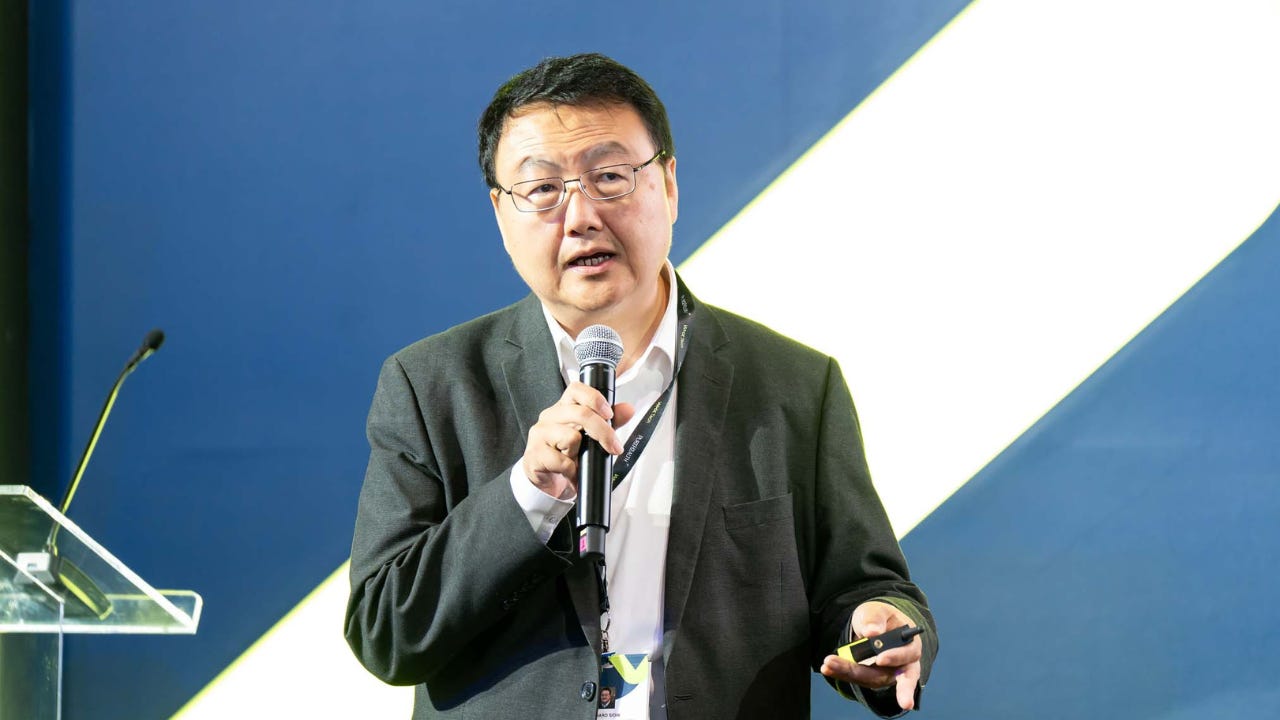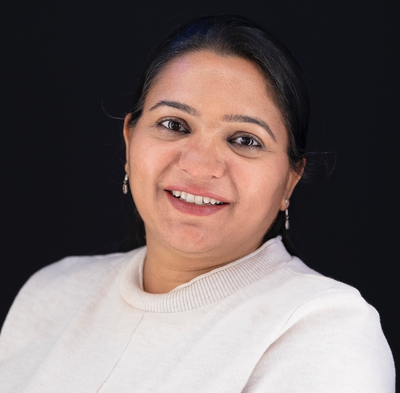Why healthspan matters as much as lifespan
Life expectancy has doubled in the past century, averaging around 73 years worldwide, but healthy life expectancy lags by nearly a decade.

The promise of living to 120 has long been a fascination of science and popular culture. But as policymakers, researchers and companies turn their attention to ageing populations, the real debate is no longer about the number of years lived, but the quality of those years.
“Longevity is not about numbers. It’s about life function,” argued Dr Richard Siow, FRSB, Director, Ageing Research at Kings’ College London, at the Future X stage, which took place at the first edition of WHX Tech, a global health technology event held in Dubai that connects innovators with real-world impact. “It is entirely possible one of us could live beyond 120. But the real question is: what is our health in the later years?”
A shifting demographic reality
The urgency is plain. By 2050, one in six people globally will be over 65, up from one in 11 in 2019, according to the UN Department of Economic and Social Affairs. Life expectancy has doubled in the past century, averaging around 73 years worldwide, but healthy life expectancy lags by nearly a decade.
That gap, years spent in poor health, has profound implications for healthcare budgets and productivity. In the UK, for example, the NHS already devotes the majority of its spending to chronic conditions linked to ageing, from cardiovascular disease to diabetes.
Beyond magic pills
The search for a magic pill to slow ageing has fuelled a booming longevity industry, ranging from supplements and fasting regimens to billionaires funding biotech start-ups. Industry studies have projected the global longevity economy could be worth $610 billion by 2025.
Yet scientists stress there is no universal cure. “It’s not rocket science,” said Dr Siow. “Exercise, diet, sleep, purpose, faith are the foundations. But interventions must also be tailored to region and culture. What works in North America may not work in the Gulf or Southeast Asia.”
This perspective resonates with research into so-called Blue Zones, regions such as Okinawa in Japan or Sardinia in Italy, where centenarians thrive. Their longevity is often linked not only to diet and activity but also to strong social networks and cultural practices.
Digital health and data-driven ageing
What is new is the ability to measure, track and personalise health in real time. The pandemic accelerated the adoption of digital health tools: wearables, glucose monitors, telemedicine and AI-driven diagnostics.
“Healthcare systems had to adapt really quickly during COVID,” noted Dr Siow. “That has accelerated how we monitor health not only in hospitals but across the consumer sector.”
In the Gulf, where obesity and diabetes rates are among the world’s highest, this shift could prove transformative. Kuwait, for example, has one of the highest rates of diabetes prevalence globally, underscoring the need for region-specific strategies.
AI now sifts through vast datasets: genomics, proteomics, sleep and activity trackers. It is used to predict risks of disease and propose interventions. Companies from Singapore to Switzerland are integrating wearables into insurance and banking products, tying premiums or rewards to fitness and well-being scores.
The environment as medicine
Yet longevity is not just a question of biology. Environmental factors such as air quality, urban design, green space, even workplace stress play a central role in shaping how well populations age. The World Health Organization has long argued for “age-friendly cities” that support mobility, social connection and safe housing.
As Dr Siow put it, “Go out for a 30-minute walk in 40-degree heat, it doesn’t happen. We need to create environments that can sustain healthy ageing.”
Prevention over cure
The core challenge is shifting from reactive to preventive models of healthcare. “At the moment, healthcare systems are based primarily on responding to illness,” the speaker said. “We need to be proactive to mitigate the risk of an ageing population.”
That means investments in prevention, workplace wellbeing and early diagnostics, and not simply end-of-life care. It also means acknowledging mental health and purpose as integral to ageing well. Studies have shown that loneliness and depression can accelerate cognitive decline as powerfully as physical disease.
The economics make the case as much as the medicine. The World Economic Forum estimates that closing the gap between lifespan and healthspan by even one year could save trillions globally in healthcare and productivity losses.
From biotech start-ups exploring senolytic drugs that target ageing cells, to insurers building hyper-personalised health platforms, the longevity sector is fast becoming a major frontier of both science and business. But for all the innovation, the fundamentals remain grounded.
Ready to transform your healthcare investments? Discover breakthrough technologies at WHX Tech, our exclusive industry-changing summit.
Sign up now to be a part of the journey!

WHX Tech
Sep 14, 2026 TO Sep 16, 2026
|Dubai, UAE
Join us at WHX Tech in Dubai—where digital healthcare innovation meets real-world impact. WHX Tech brings together healthcare leaders, tech innovators, and investors to tackle the industry's biggest challenges and shape the future of healthcare.


